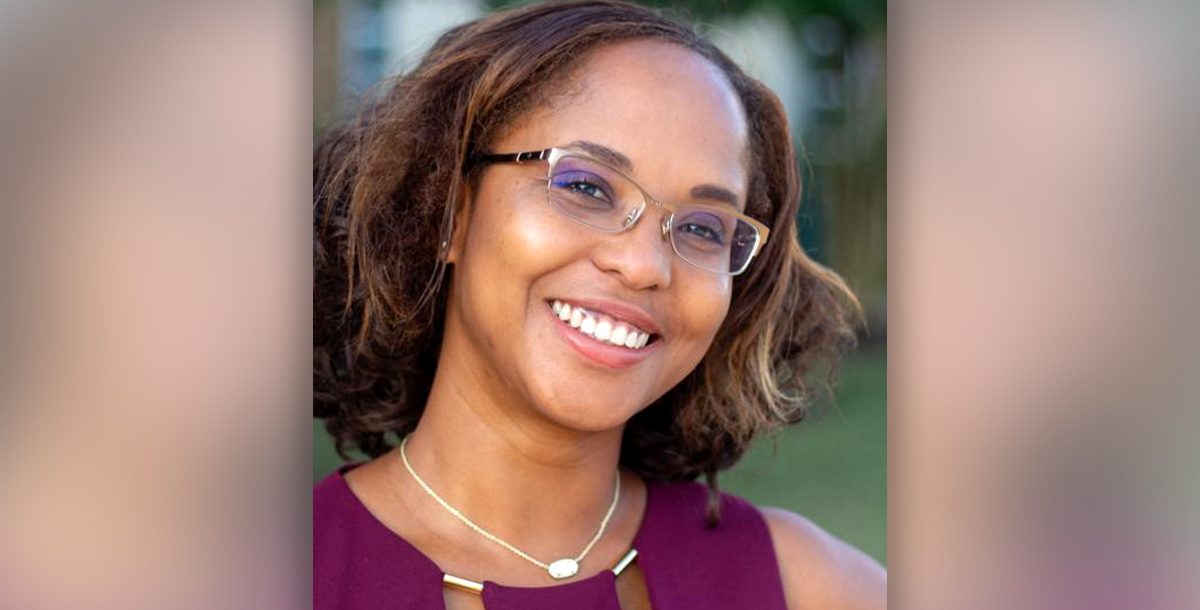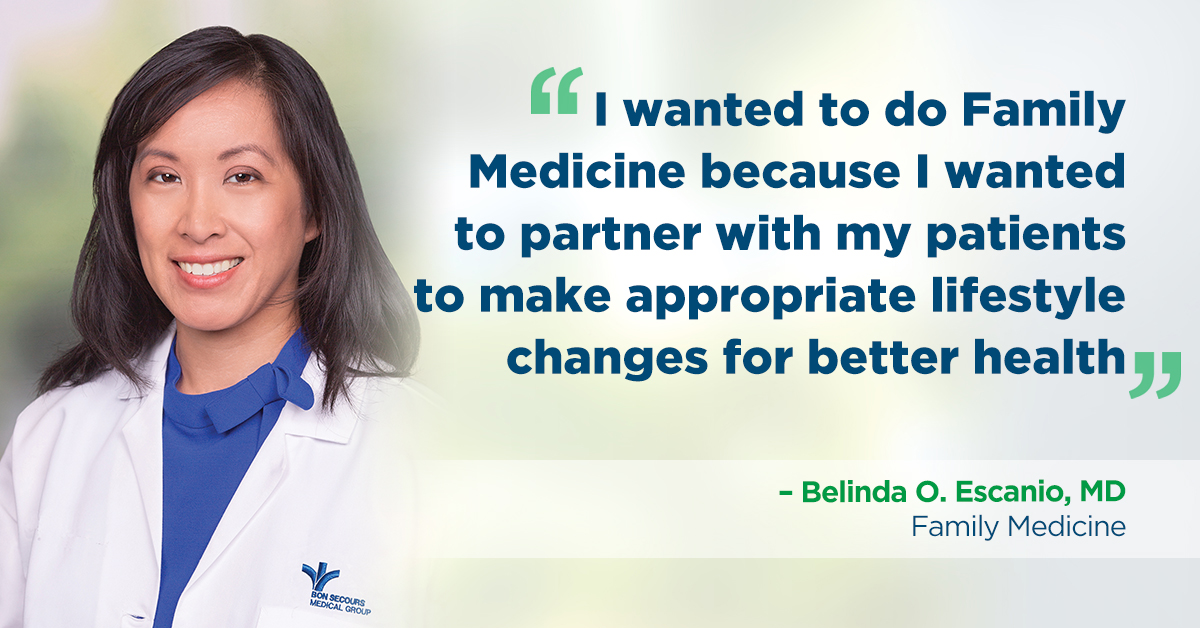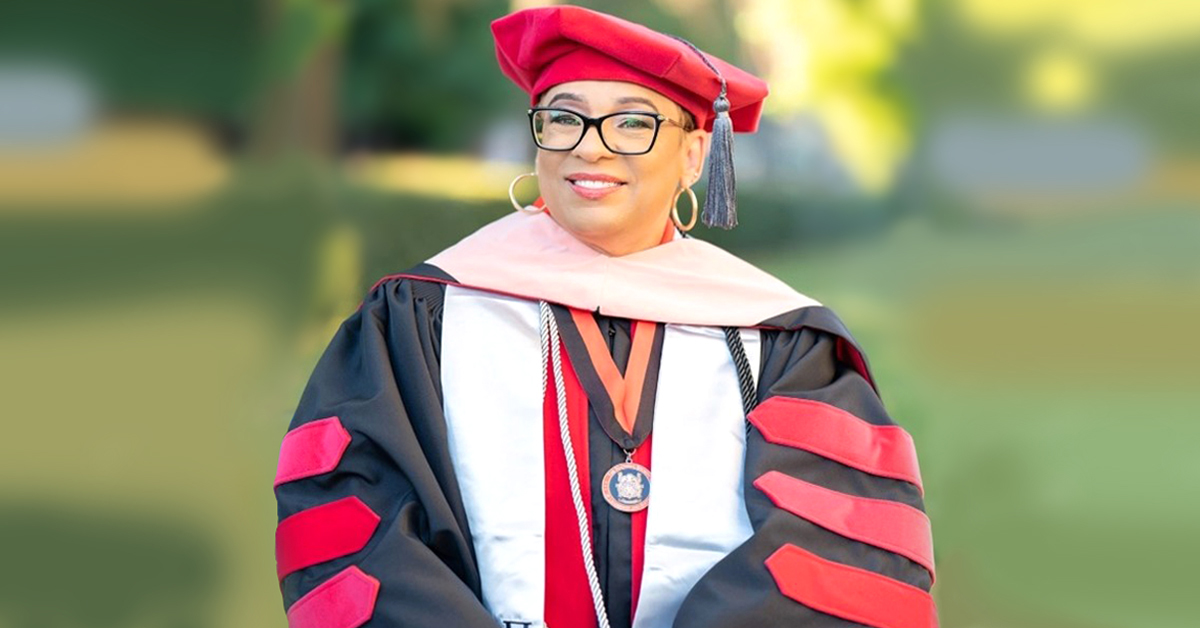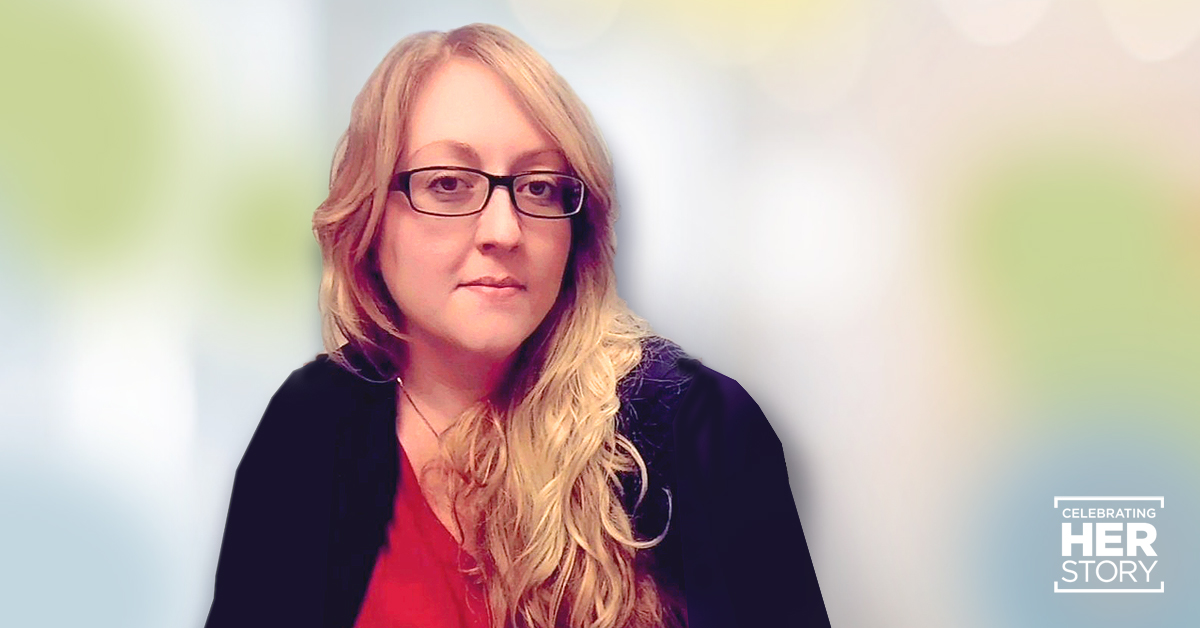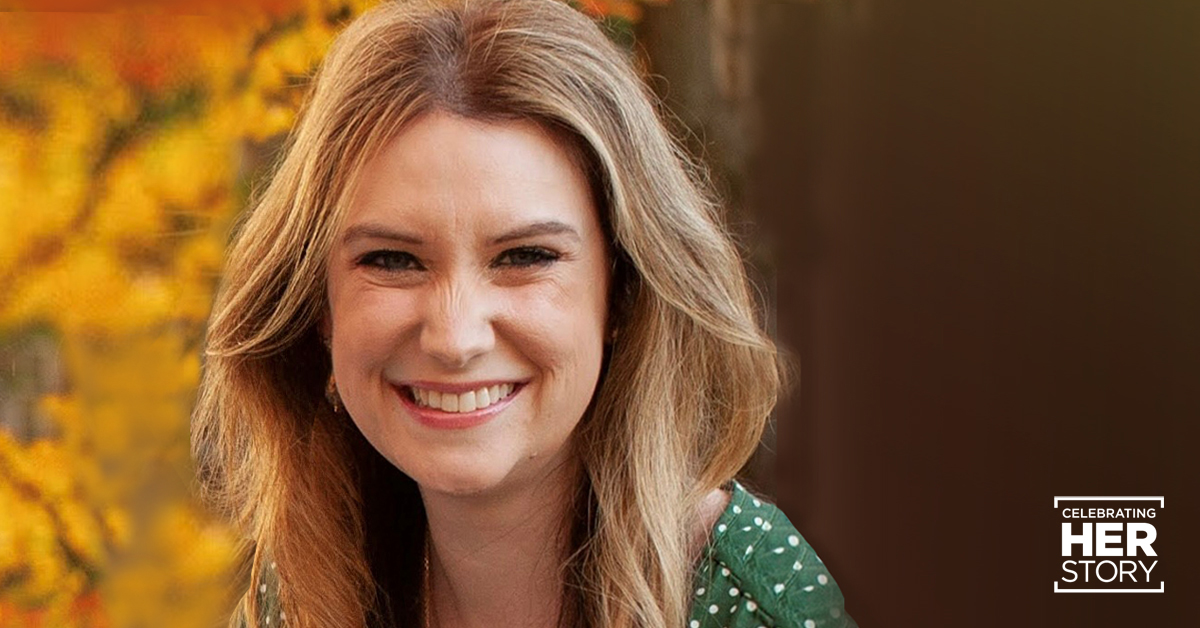We are proud to have Daphne P Bazile, MD, as one of our gynecologists. She practices throughout Central and Southern Virginia at various facilities in our Richmond market.
A 2004 graduate from Howard University’s College of Medicine, Dr. Bazile completed an internship at Howard University Hospital in 2005 and then completed her residency at Howard University Hospital in 2008. She is certified by the American Board of Obstetrics and Gynecology.
With the celebration of Juneteenth, coming up this Saturday, June 19, Dr. Bazile recently took some time to reflect on this holiday and what it means to her. Read her firsthand thoughts here.
Juneteenth is the national celebration of abolishment of slavery in the United States. Although President Lincoln’s Emancipation Proclamation ended slavery two years earlier, it wasn’t until 1865 when Major Granger rode into Galveston, TX and proclaimed what many slave-owners purposely withheld from their slaves – the fact they were free.
But even with the end of slavery and “freedom,” the journey to equality continued and still is a struggle.
When I first relocated to Central/Southern Virginia, I had a 73-year-old patient come to see me for a gynecology evaluation. She told me she had not been to the gynecologist since the birth of her youngest child almost 40 years ago. She made it her mission to set up an appointment with me because she heard there was a “Black female gynecologist” at Southside.
Although she had been taken care of by amazing physicians, the patient shared she had never seen a Black physician before. Needless to say, I was humbled, especially since Black female physicians make up only two percent of the physician population. Juneteenth is a constant reminder for me that although we are celebrating the end of slavery, we need to continue to fight for equality that will finally remove disparities – especially health disparities.
African Americans have the highest number of hypertension cases, cases of diabetes and increased mortality when it comes to cancer. African American women are two to three times more likely to suffer a pregnancy related complication compared to their white counterparts and two to three times more likely to die.
As a provider, I am steadfast in my commitment to providing health equality-grounded care to all my patients as the norm, not the exception. Health equality will only be achieved more widely once we all can honestly look back at the history of this country, reconcile it, understand our present and be committed to creating a better future.
Learn more about our mission and how it inspires the work we do at Bon Secours.

